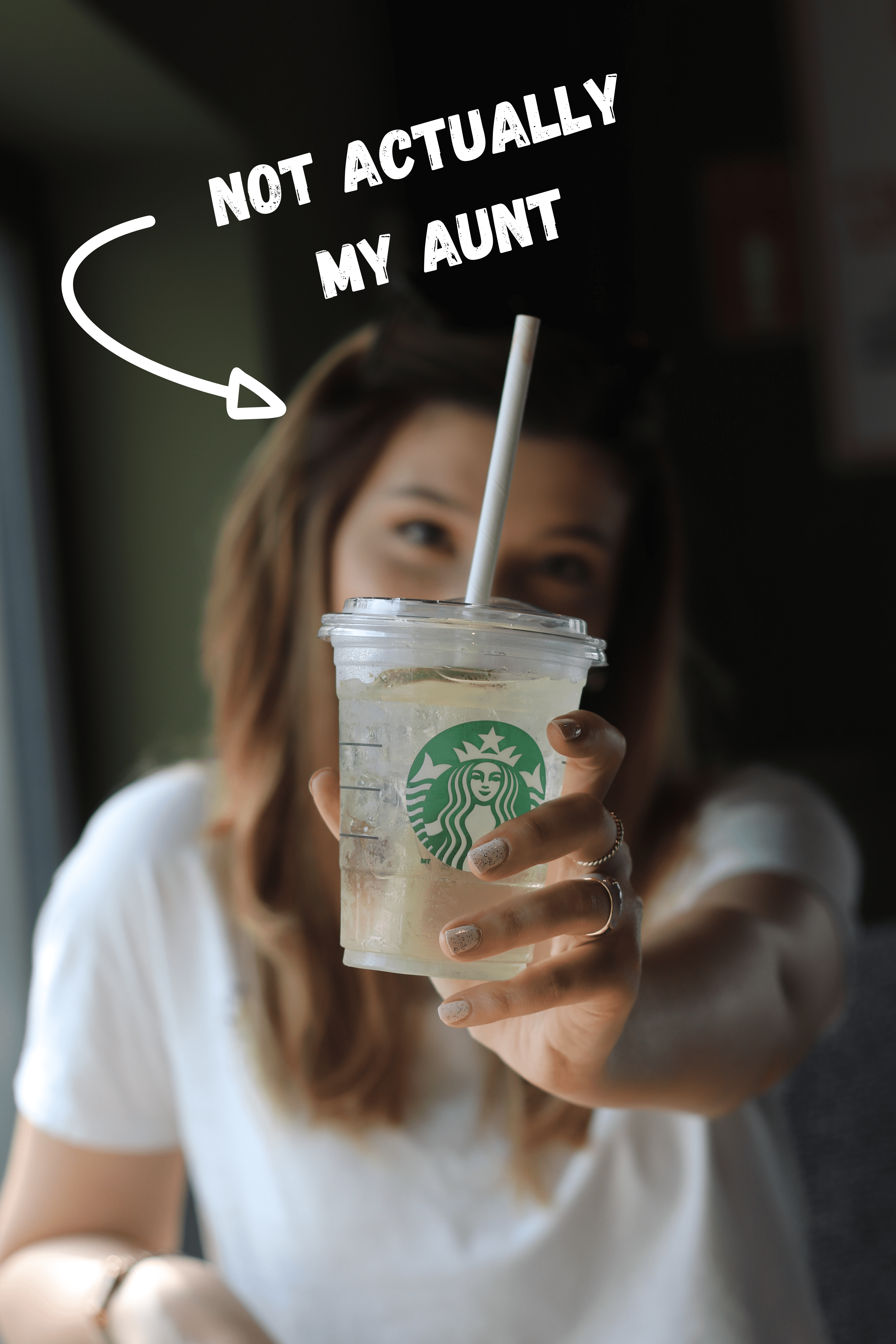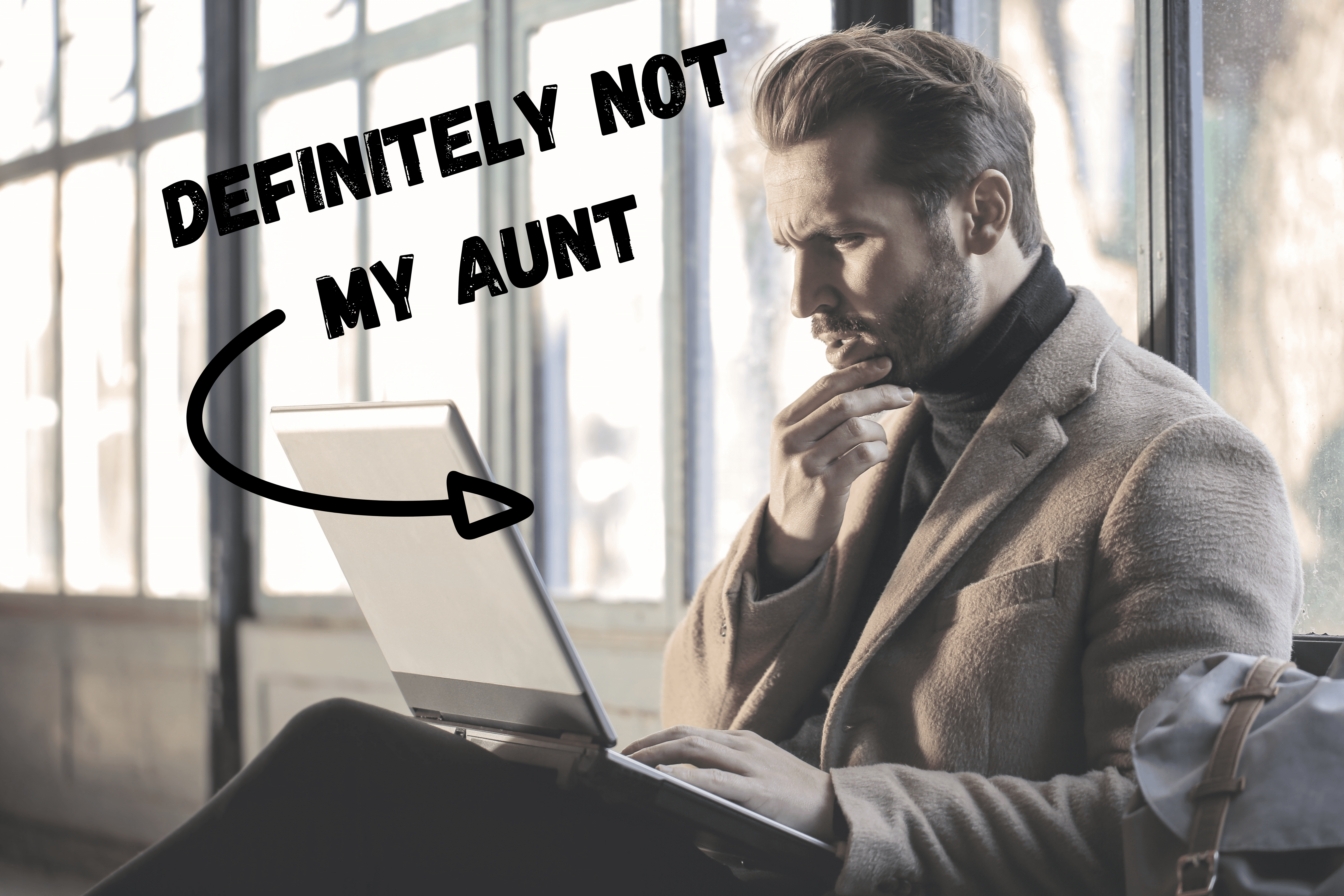Written by Geoff Hamilton, Director of Marketing at EcoSafe
Change is hard

Recently, I was speaking to my aunt about the environment and all the changes that are taking place to try and reduce our impact. We both agree that we obviously want the planet to stay healthy, and that changes are needed for that to be possible. This is when the “controversial” topic of paper straws came up. She put her foot down. She said that she’s willing to make changes, but a paper straw doesn’t feel right, and she won’t support using them.
Who knew the straw that broke the camels back would be compostable?
The threshold that each of us have for change that we are willing to accept for the benefit of the planet is different. There are those of us who aren’t willing to make a single concession (if you’re reading this, you’re not in this group), and those of us who think that no concession is too big for the health of our planet. Realistically, the vast majority of us fall somewhere in the middle of these two extremes.
What to believe?
The complicating factor in this is that it’s difficult to know what changes have a genuinely positive effect on the planet. We have the great privilege of living in the age information with the unfortunate side effect of also living in the age of misinformation. Fear of change is a real thing, and it gets amplified when combined with the fear and embarrassment of being duped into making a change for the wrong reason.
My aunt, for example, may not even realize that the reason paper straws are such a good solution is because they are so easy to compost. Food soiled paper (i.e., a straw used to drink pop) is accepted at every commercial composter in the world because the carbon it contains is a key ingredient for healthy compost.
She’s probably heard about how bad plastic is, but even that can’t stop the barrage of questions that are swirling around in her head:
HOW bad is it? Does one straw really make a difference? Aren’t there better things she could be doing instead? I already recycle, isn’t that enough? I’ve been throwing paper straws in the garbage, is that worse than just using plastic? Are napkins the same? Should I have been composting those???

It can be confusing and intimidating to sort out the “right” way to do things. Unfortunately, that means that many people instead opt to keep their status quo. To everyone who is hesitant to make a positive change for the environment, I’d like to present you with one, irrefutable positive change you can make.
Reduce.
You’ve heard the often repeated saying “reduce, reuse, recycle,” right? Everyone seems to focus on recycling, and that’s become common place. Reusing is gaining momentum with a much bigger focus on simple things like reusable grocery bags. But, despite the inarguable benefit of reducing what you buy and use, it doesn’t get talked about nearly as much.
This is because for a company, like EcoSafe, to come out and say “you should use less of the products we sell” would be bold… but that’s exactly what we’re saying. Even though our products are all certified compostable, their main purpose (and the purpose of our company) is to keep food scraps and organics out of landfills and facilitate them becoming soil regenerating compost. If you can be just as effective at doing that while using fewer compostable bags, we encourage you to do so.
What else can you reduce? Here are a few simple changes that you can make that will definitely benefit the environment. And who knows, maybe when you see how easy and beneficial these changes are, you’ll be inspired to find more ways to reduce.
- Eat your leftovers! It’s so easy to forget that you have leftovers in the fridge and instead opt to make something new. Save yourself the time and money and eat what you’ve already prepared. When you do, less food will go bad, and you won’t need to grocery shop as often.
- Go digital. Paper statements, note pads and artbooks are all things that can be done digitally with zero waste. Keep an eye on what mail you get and look for opportunities to request digital versions instead. If you can, keep your notes and drawings (if you’re into that) digital. Reducing paper is always a good thing.
- Pay yourself first. Your parents always told you that the first thing you should do when you receive money is to put a portion of it, say 20%, away for savings and don’t touch it. By doing that, you automatically reducing your buying power and forcing yourself to use the remaining 80% more effectively.
- Stop over-gifting. I have three kids, so I know how easy it is to acquire “stuff.” And, I know how much stuff doesn’t get used, worn, or played with. Instead of overloading your kids, family and friends with gifts, find experiences you can give or share with them instead. It’s much more meaningful, and much less wasteful!
- Avoid packaging. Nearly everything we buy is packaged. If you have a package-free shop available to you, that’s a great way to do you part. Even making purchasing decisions based on products with minimal or sustainable packaging is a good start. Finally, buying used has the triple benefit of no packaging, less cost, and extending the useful life of a product.
Taking the first step to help the planet is admirable. If you can make one positive change in your life, that’s one less thing for the planet to have to deal with going forward. When we all make these small changes together, the impact we’ll have on the health of the planet will be huge.
As for my aunt, I suggested she start asking for no straws at restaurants.
ECOSAFE® ZERO WASTE INC.
[email protected]
Toll Free: 1-855-495-4959
ADDRESS
101 – 19074 22nd Avenue
Surrey, BC CANADA V3Z 3S6
Tel: 1-604-560-5133
Fax: 1-604-560-5131
Food loss and waste occur at each stage of the supply chain. The biggest proportion (about 37%) happens in the home.
ReFED, 2021
